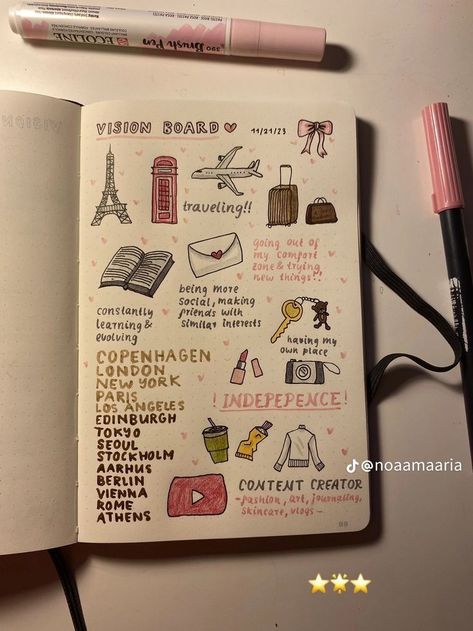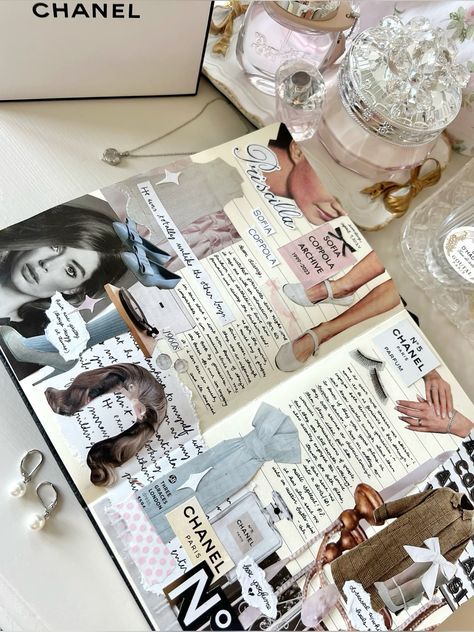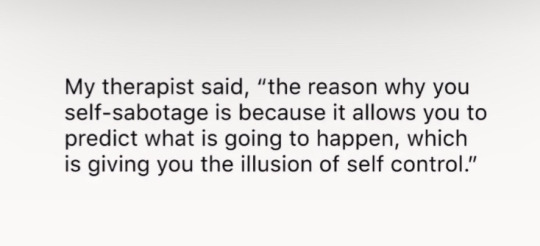20 F,I run a Journaling company with all the experience of Journaling I have accumulated over the years. I want to create an affordable journals because wellness is for everyone. Look forward to my products.
Don't wanna be here? Send us removal request.
Text
Who according to you is an It girl? How to become one?


I think of it girl as an energy. She turns heads as soon as she walks into the room. She is magnetic. She could embody any energy-golden retriever, black cat, femme fatale; but the essence is she is a charismatic, charming in a way that is non-threatening to others. She doesn't bring someone else down to make her feel good about herself.
I am planning on making a journal for embodying this kind of energy. what would people like to have in this?
#improve productivity#productivity techniques#toxic productivity#productivity monitoring#productivityenhancement#boost productivity#productivityhacks#it girl#chic girl#girlblogging#that girl#this is what makes us girls#girlhood#this is a girlblog#gaslight gatekeep girlblog#girlblog aesthetic#just a girlblog#female manipulator#female hysteria
11 notes
·
View notes
Text

#improve productivity#productivity techniques#productivity apps#toxic productivity#writing productivity#productivity monitoring#productivityenhancement#boost productivity#productivityhacks#productivitytool#that girl#it girl#girlblogging#journal#journalling
6 notes
·
View notes
Text
Does journaling actually work?



If you are like me, journaling sounds like a terrible idea. I am supposed to put down my deepest, darkest thoughts on a piece of paper and somehow it’ll magically improve the problem. Like journaling actually magically makes things better because we write them down.Actually yes.
A study showed that students who journal (about their emotions or day-to-day activities in general) are seen to have an increase in grades. Studies in physiology have observed that journaling improves antibody response, blood glucose level, etc. (http://gratepic.s3.amazonaws.com/Heart_Rate_Variability_and_Inflammatory_Biomarkers.pdf link in case you want to read about it)
1.Benefits of journaling
Avoiding problems
If you have a problem in life, you spend most of the time avoiding problems. Your mind is like- if I can fix something, then I am happy to think about it, when it results in something productive, but I don’t want to think about it unless it moves the needle forward. When you journal about something that is emotionally challenging, it tends to evoke those emotions, this is exactly where we spend our time avoiding. The emotional burden you feel when you journal is less than the actual experience. The experience of journaling is kind of uncomfortable but what it teaches you is how to tolerate discomfort.
Eg. you call your teacher ‘mom’ instead of ‘ma’am’. You continue cringing for days. Now what journaling does is it helps you reduce the cringe. Over a period of time, as you experience more and more of these emotions while you are journaling, the amount of stress decreases. As the stress level goes down, you start to resist negative emotions. Increase in journaling, decreases our avoidance of negative things or things that make us feel bad.
Building a narrative-
Not all humans experiencing trauma will develop PTSD, some experience post traumatic growth. You may have heard cancer patients say that “Cancer was the best thing that ever happened to me, made me realize how amazing life truly is.” Journaling helps you change your perspective and build a more cohesive narrative. You may think “I don’t like looking in the mirror”, “I am a waste of space.” Studies have shown that there is a change in pronoun over a period of time of journaling. You might say “I need to treat myself better” or “This person is not treating me well”. The narrative changes form ‘I’ and ‘they’ to more of a mixture of both. (I remember reading about this, but I don’t know where. If you do know, please tell me). Identifying and understanding the problem is more important than just moving forward and winging everything. It's better than shooting in the dark.
Identify problems-
Therapy or coaching don’t solve problems, they help you understand them and give you a 'why' and 'how' to tackle those problems. Think of it as replay analysis, sit down and think in an adjective, cohesive way what we could be doing better. If you ask someone who just got out of a situation what was wrong they will jump to one reason but on sitting down and thinking about it, they will get to know 10, 000 different possibilities their mind didn’t come up with in that moment. “What are your choices when someone puts a gun to your head?
What are you talking about? You do what they say or they shoot you.
WRONG. You take the gun, or you pull out a bigger one. Or, you call their bluff. Or, you do any one of a hundred and forty six other things.” (if you know, you know)
2.How to journal?
Studies show that even a single episode of journaling shows a delayed result (improvement or revelation) up to six months away.
It’s difficult to journal in the beginning because we don’t see the benefit right away. It has very delayed benefits that are kind of unexpected.
There is no magic formula, but there needs to be consistency (15 mins-1 hour everyday).
3.What kind of stuff should you journal about?
It doesn’t matter what you journal about, it has some kind of benefit.
But the most efficient(scientifically backed) one is writing about a recent emotional experience.
Read your journal from time to time (so that you can notice the changes unconsciously happening)
If you are afraid that someone might read your journal then don’t be- this age of media has shortened our attention spans, so much that no one would actually find it enticing to read a whole book about someone’s daily thoughts.
You can journal anywhere you want- in your notes, in an app, desktop. But it is preferred to do it by hand. Reasons-it slows down your thought process. If you slow your thoughts down, you are kind of able to sit with them more, you’ll be able to sit with them a little bit. The other reason is that writing commits things to memory.
Now that you know, HAPPY JOURNALING!



#improve productivity#productivity techniques#productivity apps#toxic productivity#writing productivity#productivity monitoring#productivityenhancement#boost productivity#productivityhacks#productivitytool#journal#journalling
2 notes
·
View notes